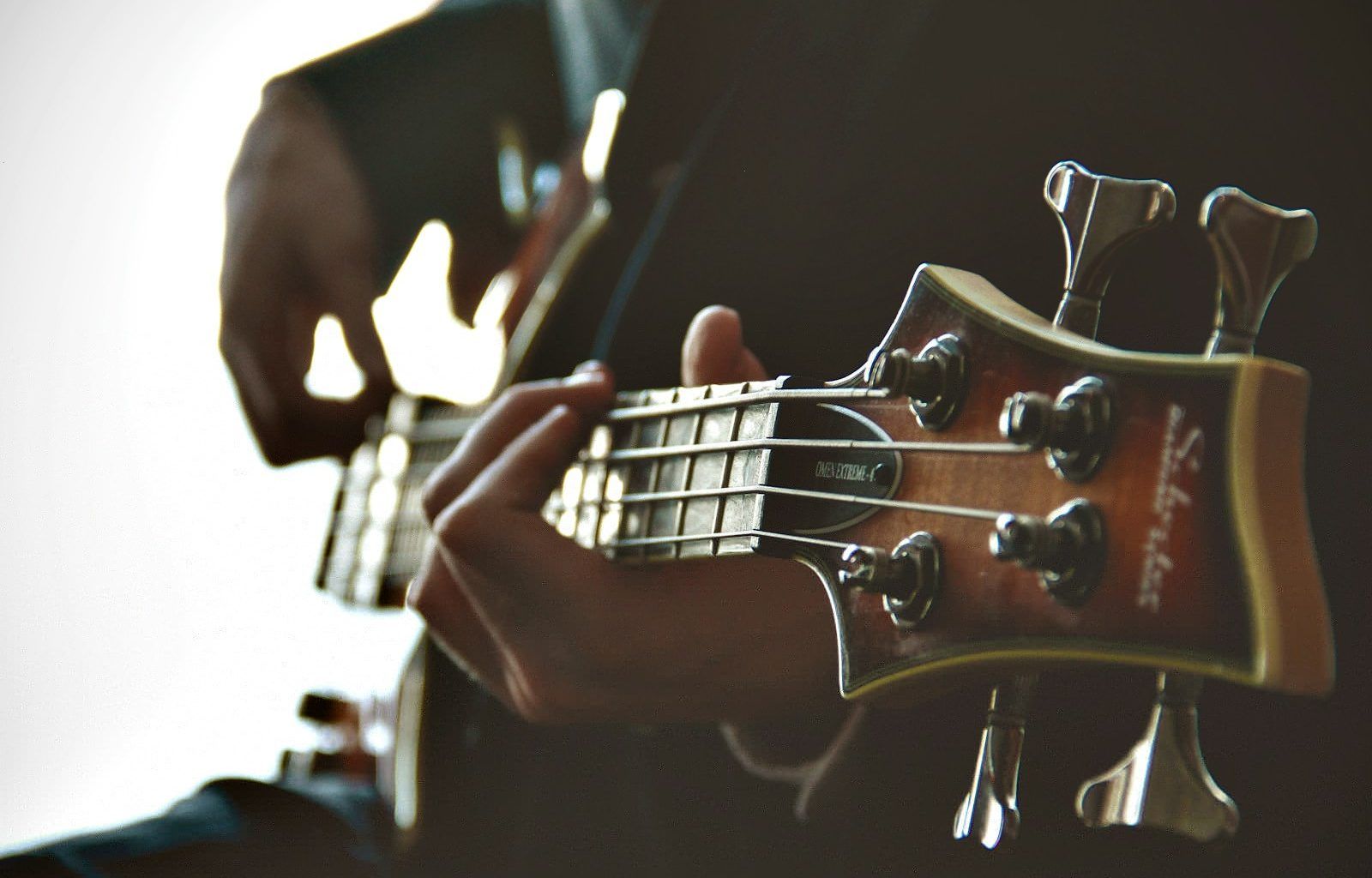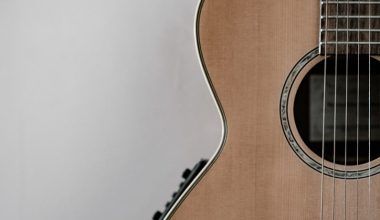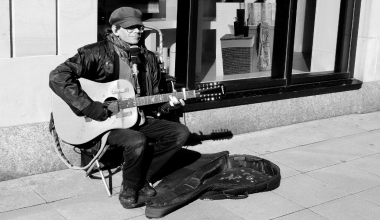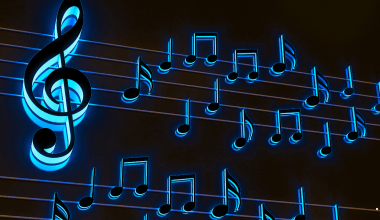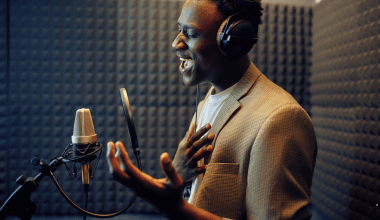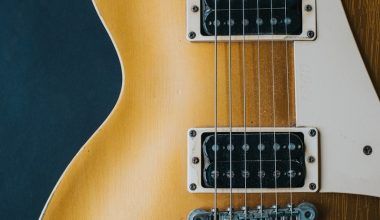If you’ve ever scrolled through social media, you’ve probably seen people add a phrase like, “I don’t own the rights to this music,” to their posts or videos. At first glance, it might seem like a harmless or even smart thing to do. But what does it really mean? Does it protect you legally, or is it just a popular trend? In this blog, we’ll break down everything you need to know about this phrase, why people use it, and how it ties into copyright laws.
Whether you’re a content creator, a casual social media user, or just someone curious about the phrase, this guide will simplify the concept for you. Let’s get started!
What Does “I Don’t Own the Rights to This Music” Mean?
The phrase “I don’t own the rights to this music” is commonly used when someone uploads a video or post that includes copyrighted music. By adding this disclaimer, people hope to avoid copyright issues. However, it’s important to understand that this phrase doesn’t automatically shield you from copyright infringement claims.
Copyright laws protect creators’ rights to their work, including music, videos, and images. When you use copyrighted material without permission, you’re technically breaking the law, even if you credit the creator or add disclaimers like, “I don’t own the rights to this music.”
Why Do People Use This Phrase?
Many people think that by simply stating, “I don’t own the rights to this music,” they can bypass copyright laws. Unfortunately, this is a misconception. Let’s explore some of the common reasons why people use this phrase:
- Lack of Knowledge: Many users aren’t fully aware of how copyright laws work. They believe that acknowledging the creator is enough to avoid legal trouble.
- Social Media Trends: Adding disclaimers like this has become a trend, making it seem like a necessary addition to posts.
- Assumed Safety Net: Some think it’s a legal loophole that allows them to use copyrighted music freely.
However, the reality is much more complex. Copyright laws don’t work on goodwill or acknowledgment alone. If you’re using copyrighted music without permission, you’re still at risk, no matter what disclaimers you include.
What Happens If You Use Copyrighted Music Without Permission?
To better understand the risks, let’s look at what could happen when you use copyrighted music without proper authorization:
- Content Removal: Platforms like YouTube, Facebook, and Instagram have automated systems to detect copyrighted material. If they find unlicensed music in your post, they may take it down.
- Monetization Issues: If you’re monetizing your content, the copyright holder could claim your earnings or block monetization entirely.
- Legal Consequences: In extreme cases, copyright holders can take legal action, which might include fines or lawsuits.
Adding “I don’t own the rights to this music” won’t protect you from these outcomes. So, what can you do instead?
How to Legally Use Music in Your Content
If you want to use music in your content without running into copyright issues, here are some alternatives to consider:
- Royalty-Free Music: These are tracks that creators license for public use, often for free or a one-time fee. Platforms like Epidemic Sound, Artlist, and YouTube Audio Library offer royalty-free music.
- Ask for Permission: Reach out to the copyright holder for permission to use their music. This can be time-consuming but ensures you’re on the right side of the law.
- Fair Use: In some cases, using copyrighted music for purposes like education, commentary, or parody may qualify as fair use. However, fair use is a gray area and doesn’t guarantee protection.
- Original Music: Collaborate with musicians or create your own tracks to use in your content. This gives you full control over the rights.
By exploring these options, you can use music legally without worrying about the consequences.
The Role of Social Media Platforms
Social media platforms have become more vigilant about copyright enforcement. Here’s how they typically handle copyrighted music:
- Content ID Systems: Platforms like YouTube use Content ID to identify copyrighted material in videos. If copyrighted music is detected, they may mute the audio, display ads for the copyright holder, or remove the content altogether.
- Licensing Agreements: Some platforms, like TikTok and Instagram, have licensing agreements with music companies. These allow users to include certain songs in their posts without violating copyright laws.
- User Guidelines: Each platform has its own set of rules regarding copyrighted content. Familiarize yourself with these to avoid unintentional violations.
By understanding how social media platforms handle copyright, you can create content that aligns with their policies.
Alternatives to Using Popular Music
If you’re worried about copyright issues but still want to enhance your content with music, consider these alternatives:
- Stock Music Libraries: Websites like AudioJungle and PremiumBeat offer a wide range of licensed music for content creators.
- Creative Commons Music: Some artists release their work under Creative Commons licenses, allowing you to use their music with proper attribution.
- Open-Source Platforms: Explore platforms like Jamendo or Free Music Archive for free and legal music options.
These alternatives can help you avoid the legal pitfalls of using copyrighted music.
Conclusion
Adding “I don’t own the rights to this music” to your posts might seem like a simple solution, but it’s not a foolproof way to avoid copyright issues. Understanding and respecting copyright laws is essential for any content creator. By using legal alternatives, seeking permission, or creating original music, you can protect yourself while still producing engaging content.
Remember, ignorance isn’t a defense when it comes to copyright laws. Educate yourself, explore legal options, and create responsibly. Your efforts will not only keep you out of trouble but also show respect for the creators whose work you admire.
Related Articles:
For further reading, explore these related articles:
- The Best Software for Musicians: A Comprehensive Guide
- How to Post on Spotify on Phone: A Complete Guide
For additional resources on music marketing and distribution, visit DMT Records Private Limited.
